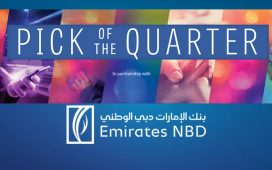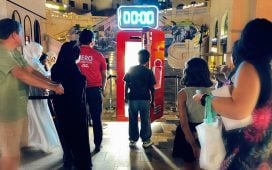In today’s media landscape, where streaming platforms curate our playlists and social media algorithms tailor our feeds, personalised experiences are the norm.
Yet, amidst this trend, we are witnessing a resurgence of monoculture, with mega events like “Barbenheimer” sparking global conversations.
Monoculture, where widespread popularity creates shared experiences, is exemplified by the summer hits of Barbie and Oppenheimer. However, modern audiences are transforming these cultural touchstones into opportunities for personalisation and creativity.
By remixing, adapting, and personalising major events — such as pairing contrasting movie releases and creating memes and viewing
To continue reading this article you need to be registered with Campaign. Registration is free and only takes a minute. Register Now or sign in below if you already have an account.









